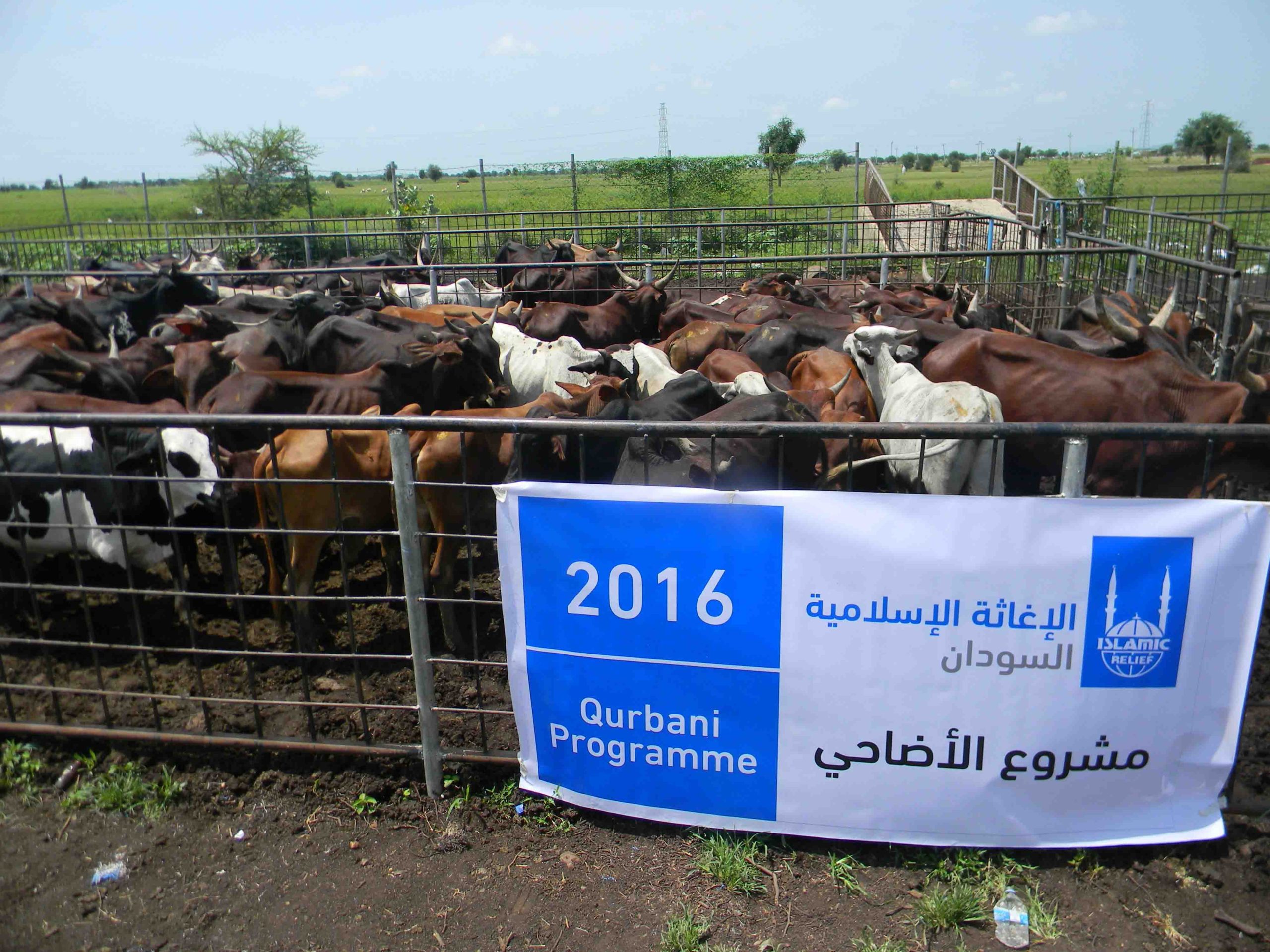Sudan is one of the poorest countries worldwide with around 15% of the population living on less than $1.90 (£1.40) a day. When South Sudan became an independent state in 2011, Sudan lost crucial oil revenue and the economy became even more unstable. Now a staggering 4.8 million people are in need of humanitarian assistance across Sudan, including 3.5 million people who are without a stable source of food.
With the 2013 conflict in neighbouring South Sudan, more than 260,000 South Sudanese refugees have since fled across the border to Sudan, placing an ever-great pressure on the economy and resources. What’s more, ongoing internal conflict has led to large-scale displacement within Sudan.
Furthermore, seasonal and climate-based pressures continue to impact on local agriculture and food sources, with Sudan directly exposed to the effects of El Niño.
For many people in Sudan life can be particularly challenging:
- 73% of the population do not have access to adequate sanitary facilities (UNICEF, 2017)
- 7 out of every 100 children do not reach their 5th birthday (World Bank, 2016)
- Over a third of young people cannot read or write (UNESCO, 2008)
- 27% of children do not attend primary school (UNICEF, 2017)
Islamic Relief in Sudan
Islamic Relief was first formed to respond to a famine in Sudan in 1982 and is thus the first country that Islamic Relief worked in. Since then, Islamic Relief’s work has expanded significantly.
As well as responding to the emergencies, mainly as a result of conflict, Islamic Relief has worked on many developmental projects, such as providing long term water systems and solutions.
We also offer educational and livelihood support by rebuilding and equipping schools and offering vocational training and essential equipment for farmers and livestock owners. Lastly, we continue to provide seasonal Qurbani and Ramadan food assistance.
